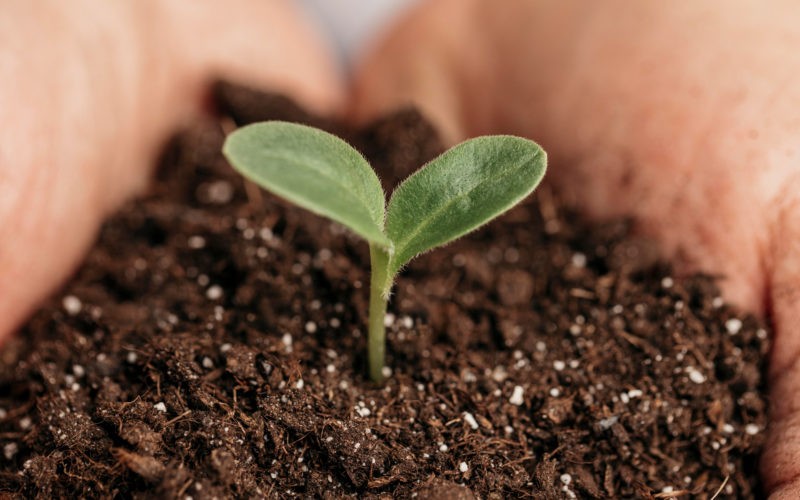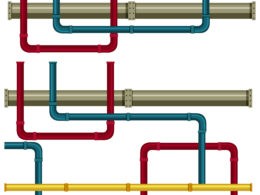In the realm of agriculture, sustainable soil management is a cornerstone practice for promoting healthier crops, enhancing ecosystem resilience and ensuring long-term agricultural viability. With growing concerns about soil degradation, erosion and loss of fertility, implementing effective techniques for soil health have become imperative. In this blog post, we’ll explore some key strategies and agriculture innovations in sustainable soil management that are revolutionizing modern agriculture.
Understanding Sustainable Soil Management
Sustainable soil management encompasses a range of practices aimed at maintaining or improving soil health while minimizing environmental impact. These practices focus on preserving soil structure, fertility and biodiversity, thereby supporting booming crop growth and fostering resilient ecosystems. By prioritizing soil health, agricultural experts can mitigate the negative effects of erosion, nutrient depletion and pollution, while also increasing the productivity and sustainability of their operations.
Key Techniques for Sustainable Soil Management
1. Crop Rotation and Cover Cropping
Rotating crops and incorporating cover crops into agricultural rotations are effective strategies for improving soil health and fertility. These practices help quench weeds, prevent soil erosion and enhance organic matter content, which leads to improved soil structure and nutrient retention.
2. No-Till Farming
No-till farming techniques involve minimal disturbance of the soil, which preserves its structure and microbial communities. By avoiding plowing or tilling, farmers can reduce erosion, conserve moisture and sequester carbon in the soil, which contributes to climate change mitigation efforts.
3. Compost and Organic Amendments
Adding compost and organic amendments to the soil enriches its nutrient content and promotes microbial activity. These natural inputs improve soil structure, increase water retention and enhance nutrient availability to plants, which leads to healthier crops and reduced reliance on synthetic fertilizers.
4. Precision Agriculture
Precision agriculture technologies enable agriculture experts to optimize resource use and minimize environmental impact. Through the use of data analytics, remote sensing and variable rate technologies, farmers can tailor their soil management practices to specific field conditions, which maximizes efficiency and sustainability.
Innovations in Sustainable Soil Management
Agricultural experts and researchers are continuously exploring innovative approaches to sustainable soil management and leveraging advancements in product development and agricultural innovation. From biochar applications to microbial inoculants, these cutting-edge solutions hold promise for enhancing soil health, resilience and productivity.
1. Biochar
Biochar, a form of charcoal produced from biomass, has gained attention for its ability to improve soil fertility and carbon sequestration. By incorporating biochar into soil, farmers can enhance water retention, nutrient cycling and microbial activity, which leads to improved crop yields and soil health.
2. Microbial Inoculants
Microbial inoculants contain beneficial microorganisms that can enhance nutrient uptake, suppress pathogens and improve soil structure. These biologically based products offer a natural and sustainable approach to soil management, which promotes plant health and resilience while reducing reliance on chemical inputs.
3. Soil Sensors and Monitoring Systems
Soil sensors and monitoring systems provide real-time data on soil moisture, temperature and nutrient levels, which enables farmers to make informed decisions about irrigation, fertilization and crop management. These technologies optimize resource use, minimize waste and support precision soil management practices.
Sustainable soil management is essential for maintaining the health and productivity of agricultural systems, while safeguarding the environment for future generations. By implementing techniques such as crop rotation, no-till farming and organic amendments, farmers can improve soil health, enhance crop resilience and mitigate the impacts of climate change. Furthermore, ongoing research and innovation in product development and agricultural technology are driving new solutions for sustainable soil management, which ensures a prosperous and sustainable future for agriculture.












